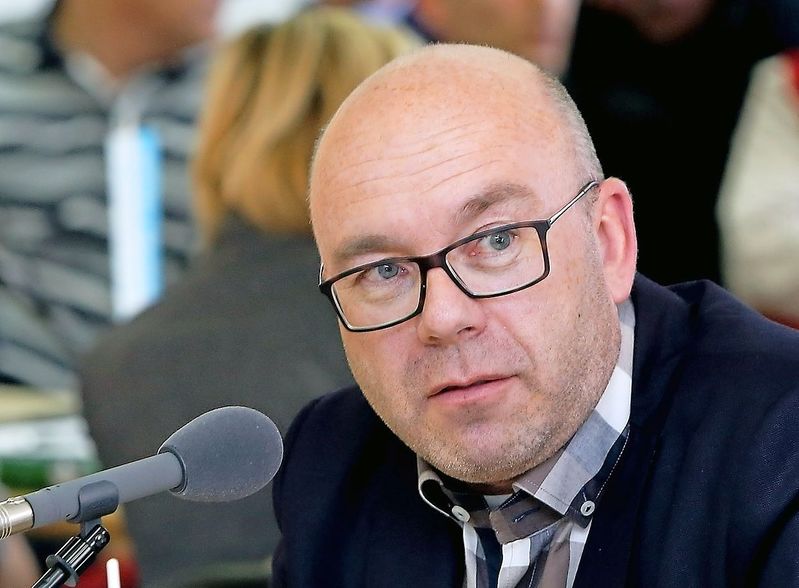Thursday, 2 December 2021 The state of the world's seas is alarming, an interview with dr. Andrej Sovinc
Dr. Andrej Sovinc, assistant professor at UP FAMNIT, active in the Department of Biodiversity, presented a study entitled »Analysis of Protected Marine (water) areas in EUSAIR and proposals for corrective action« to the agents of the EUSAIR strategy for the Adriatic-Ionian region, responsible for environment quality.
The presentation also offered an opportunity for an interview in which he drew attention to the alarming state of the world's seas. The seas within the Adriatic-Ionian region are no exception and even have the lowest share of protected areas among all regional seas in the Mediterranean region.

(Foto: Zdravko Primožič/Fpa)
The UN Concention on Biological Diversity and EU Biodiversity Strategy for 2030 are just two of many international agreements that require the conservation and sustainable management of the marine environment. »The EU's Biodiversity Strategy for 2030 sets an ambitious goal of establishing a pan-European network of natural areas on land and at sea, including legal protection for at least 30% of land, including inland waters, and 30% of the sea in the European Union,« said. Dr. Sovinc and added that a third of this area or 10% of the land and 10% of the sea will be included in strictly protected areas.
In the interview, Dr. Sovinc also discussed the topic of distinction between strictly protected and partially protected areas, pointing out that the value of strictly protected areas in the marine environment is several times higher than the value of less strictly protected areas where fishing is allowed. »In some areas, fish populations in the sea are already so looted that there is no other effective solution than to establish strictly protected areas where fish are not caught so that cores can develop from which these animals can spread.«
The whole interview in Slovene is available here.
Source: www.mediaspeed.net




